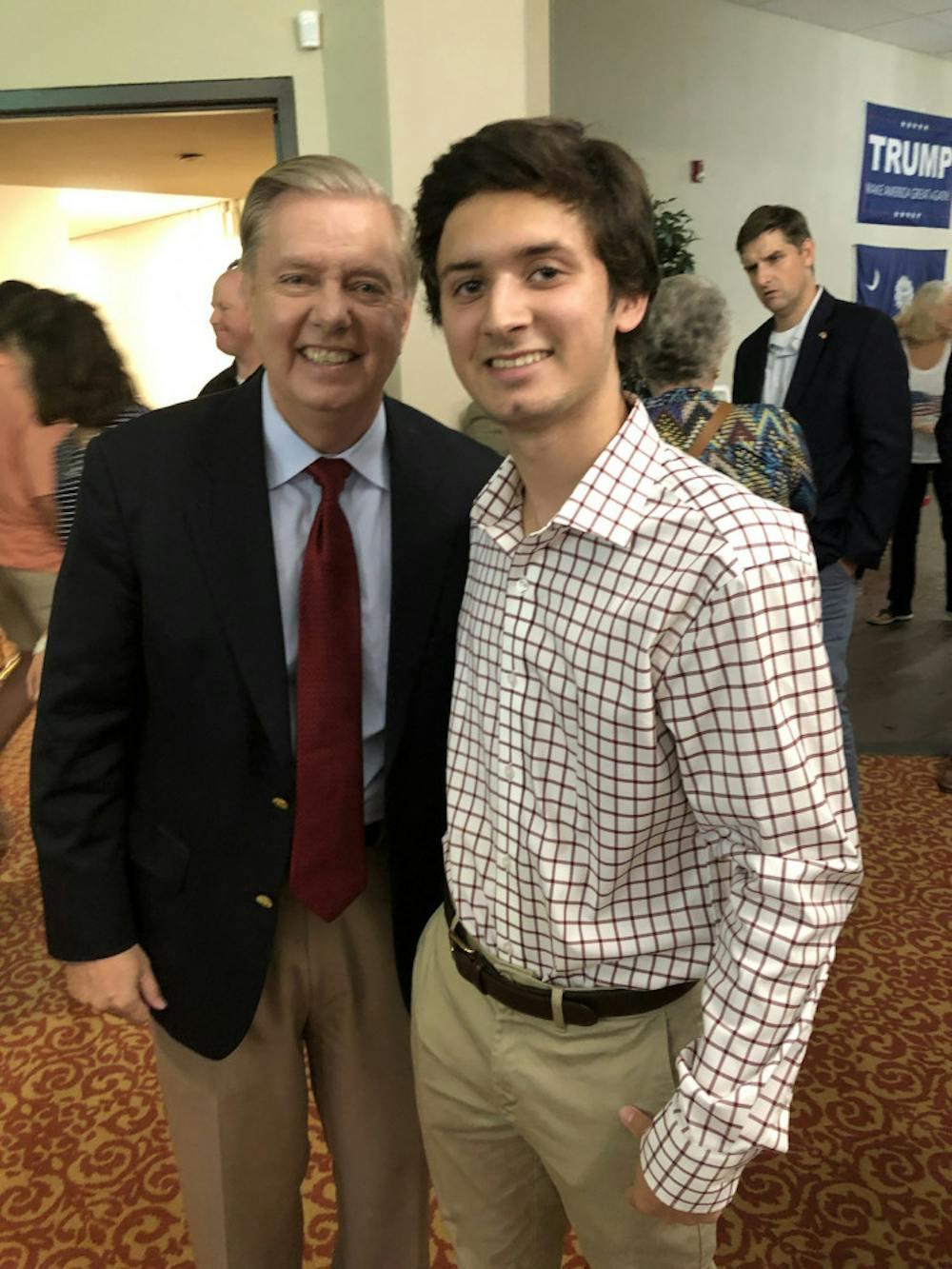Students and faculty shared what it was like to be in the criminal justice program at Seton Hall.
Dr. Giuseppe Fazari, an instructor in the Department of Criminal Justice, said being a criminal justice major takes passion and commitment.
Fazari said what makes a good student in the program is “the mindset is to want to make a contribution in the profession.”
Adam Shirley, a freshman criminal justice major, said he has adopted that mindset to start contributing to the profession by starting a nonprofit organization called Young Americans for Justice (YAJ). Founded after George Floyd’s death, Shirley said that one of the biggest focuses for this organization is criminal justice reform.
“YAJ works to educate and register voters, support black-owned businesses and get the voices of those who want change to the people in power,” Shirley said.
Shirley also said he worked as an intern under Sen. Lindsey Graham of South Carolina over the summer, where he gained experience speaking with constituents and hearing their complaints.
Shirley described a course called “Criminal Justice Complex,” which teaches a foundation of the knowledge needed in the criminal justice program. He said that most of the workload for this course comes from retaining the information in the class.
“The biggest thing with criminal justice courses is making sure you can retain that information over time,” Shirley said. “All of this stuff builds on itself.”
After college, Shirley said he plans to attend law school and work to become a criminal defense attorney. He added that he is also considering running for office, but is not sure for which position.
Tajira Harmon, a junior criminal justice major, said she decided to go into criminal justice because she is interested in finding out why people commit a crime and what would force someone to do something they wouldn’t normally do.
Harmon said she is also taking a course this semester that focuses on sex crimes. She explained that the class discusses “the most terrible things that happen in criminal justice,” such as rape and molestation. The course is not for everyone, she said.
“Our professor has hands-on experience working with people within this field,” Harmon said. “She’s able to tell us about her experiences. It makes the class a lot more interesting.”
Harmon said this is one of the strengths of the criminal justice program here at Seton Hall.
“For [the criminal justice program] to have so little professors, they do a very good job of teaching the students, and all of them have past experience,” Harmon said.
She said the faculty are excellent resources and that students learning from them “sets in stone that this is actually what you really want to do.”
Fazari said he sees this first-hand knowledge that professors hold as particularly important.
“I try to teach using metaphors and examples from my experience in the field so the material can resonate more with the students,” Fazari said.
For students looking into the criminal justice program, Fazari mentioned the importance of the country’s justice system.
“The other folks in our society get to do what they do because there’s generally a good foundation here in the United States for our justice system,” He said.
Ellen Paul can be reached at ellen.paul@student.shu.edu.





